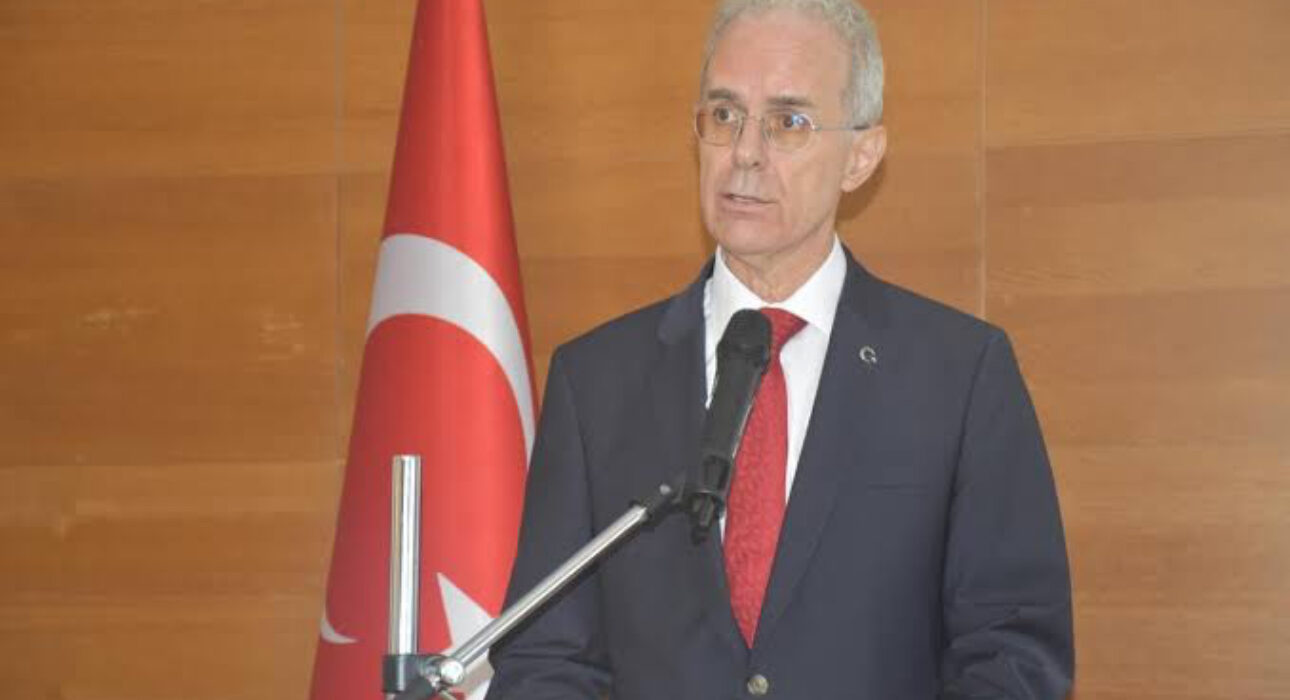Turkish Envoy Alleges Fethullah Terrorist Network Using Schools, Healthcare as Fronts in Nigeria

Turkey’s Ambassador-designate to Nigeria, Mehmet Poroy, has warned about the alleged operations of the Fethullah Terrorist Organisation (FETO) within Nigeria, claiming the group is using education and healthcare institutions as cover to further its agenda.
Poroy made the statement during a commemorative event in Abuja marking Turkey’s Democracy and National Unity Day, which honors the failed 2016 coup attempt in Turkey.
In his address, the envoy stated that FETO, the group Turkey holds responsible for the 2016 coup plot, is disguising itself through seemingly humanitarian and social services in Nigeria.
He pointed specifically to schools, health services, interfaith dialogue programs, and other non-governmental operations allegedly established by FETO-linked actors as tools for infiltration.
According to Poroy, these platforms are being used not only to establish influence but also to infiltrate critical administrative and political institutions in Nigeria under the pretense of charity and education.
The ambassador emphasized that while these institutions may appear harmless or even beneficial on the surface, they serve a deeper ideological and political purpose aligned with the agenda of the group.
He urged the Nigerian government and the public to remain vigilant, warning that FETO’s pattern of operation is consistent in countries where it has gained a foothold—offering public services to win trust before advancing political manipulation.
FETO, formerly led by exiled Turkish cleric Fethullah Gülen until his reported death in 2024, has been designated a terrorist organization by Turkey and several allied countries, including members of the Gulf Cooperation Council, the Organisation of Islamic Cooperation, and Northern Cyprus.
Over the years, the Turkish government has systematically shut down or taken over institutions affiliated with the Gülen movement in numerous countries, including Somalia and Pakistan.
Though the Nigerian government has yet to issue an official response to Poroy’s remarks, the claims may increase scrutiny over foreign-affiliated educational and health institutions operating within the country.
Nigeria has long hosted a number of internationally backed schools, some of which have Turkish links, though none have been publicly identified as part of FETO.
Poroy’s comments highlight Ankara’s continuing effort to root out FETO influence beyond its borders, even nearly a decade after the failed coup attempt.
The Turkish government continues to frame the movement as a sophisticated global network that exploits goodwill sectors—like education and humanitarian aid—to carry out political subversion.
As Turkey deepens its diplomatic and security ties with Nigeria, this warning may become a flashpoint in future bilateral discussions, especially in areas involving educational partnerships, foreign NGOs, and investment in the social sector. The envoy concluded his remarks by expressing confidence in Nigeria’s commitment to international cooperation against terrorism, urging stronger collaboration in monitoring and regulating foreign influence through civil institutions.









